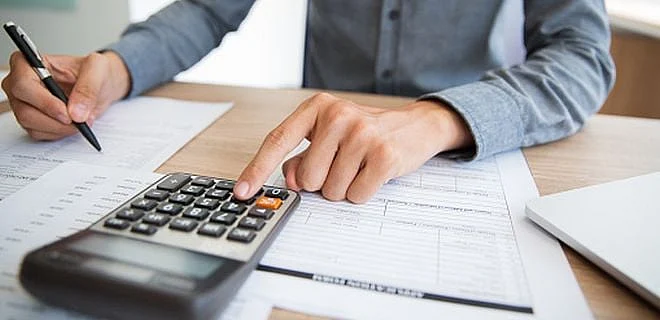As the deadline for filing belated income tax returns (ITR) approaches, Rachit Pandey, 26, is looking for ways to ways to maximise his deductions and minimise tax liabilities. Pandey works in an IT firm and lives with his parents in Delhi. His CA told him about the House rent allowance (HRA) as one is the most common deductions claimed by salaried individuals.
Taxpayers living on rent can maximise on saving their tax by claiming a deduction for HRA from the salary. But can you pay rent to your parents if you are living with them to get this exemption?
The answer is yes, you can pay rent to your parents if you are staying with them. This can be done either by transferring the rent amount to their bank account or paying via a cheque. This way, you will be able to claim your HRA deduction properly.
What are the limits of HRA deduction?
The deduction for rent paid by a taxpayer as part of HRA is limited to the lowest of the following three categories:
- House Rent Allowance received
- 40 per cent of the Basic Salary in addition to dearness allowance (DA) for those living in non-metro cities. 50 per cent + DA for living in metro cities (such as Delhi, Mumbai, Chennai, or Kolkata)
- Rent paid less 10 per cent of the basic salary + DA
How to ensure your rental agreement is legally sound and acceptable to tax authorities?
To ensure your HRA deduction claim is legal and accurate, you must adhere to the following criteria:
Rental Agreement: You must have a formal rental agreement with your parents to show as proof. The agreement should include the monthly rent you pay and other basic terms.
Maintain Rent Regularity: Ensure that you make the rent payments regularly, preferably via bank transfers, to maintain a clear financial record.
Parents’ Income Declaration: Rent received by your parents is considered their income. They must declare this income in their tax returns and may be liable to pay tax on it, depending on their tax bracket.
Document Proof: Maintain proof of rent payments, such as bank statements and rent receipts, as they may be required during the tax assessment process.
Tax Implications for Parents:
How will the rent income affect your parents' tax liabilities?
Please note that rent paid by you to your parents will be taxable for them. “The parents will have to show rental income under the head, 'income from house property' in their ITR and pay tax on the same,” informs CA Aastha.
Are there any ways to optimise tax savings for both me and my parents through this arrangement?
As per ClearTax, your parents can claim property taxes paid by them and also claim a 30 per cent standard deduction from this rental income. While claiming your HRA exemption, you would have given your parents PAN, the same will be reflected as a rental income in your Parent's AIS.
Taxpayer’s query:
What if both my parents and I live in the same house? Can I still claim HRA?
Yes, says CA Aastha, “provided the house property is in the name of the parents.”
Are there any potential drawbacks or risks associated with this strategy?
“See, ideally you should be staying in a separate house and paying due rent. The HRA is paid by organisations so that the employee can cover their rent expense. Rent paid to parents is not an expense in that sense. Hence, this becomes a ground for litigation,” CA Aastha informs.
Advantages of claiming HRA while staying with your parents
You get to save tax as a family since by submitting rent receipts and paying them, you will be able to claim an exemption on HRA. As mentioned above, your parents can also deduct property taxes and claim a 30 per cent standard deduction on the rental income.
As per ClearTax, “If they (your family) are in a lower tax bracket than you, the family can save tax as a whole.”
Moreover, if your parents are more than 60 years old, they will also enjoy a higher minimum income exemption limit:
- Rs 3 lakh for those aged above 60 years
- Rs 5 lakh for those aged above 80 years
If your parents do not have any taxable income, you will be able to save significant tax as a family. Therefore, it is important to note that if your parents also fall in a 30 per cent tax slab then this strategy might not result in any tax savings.












